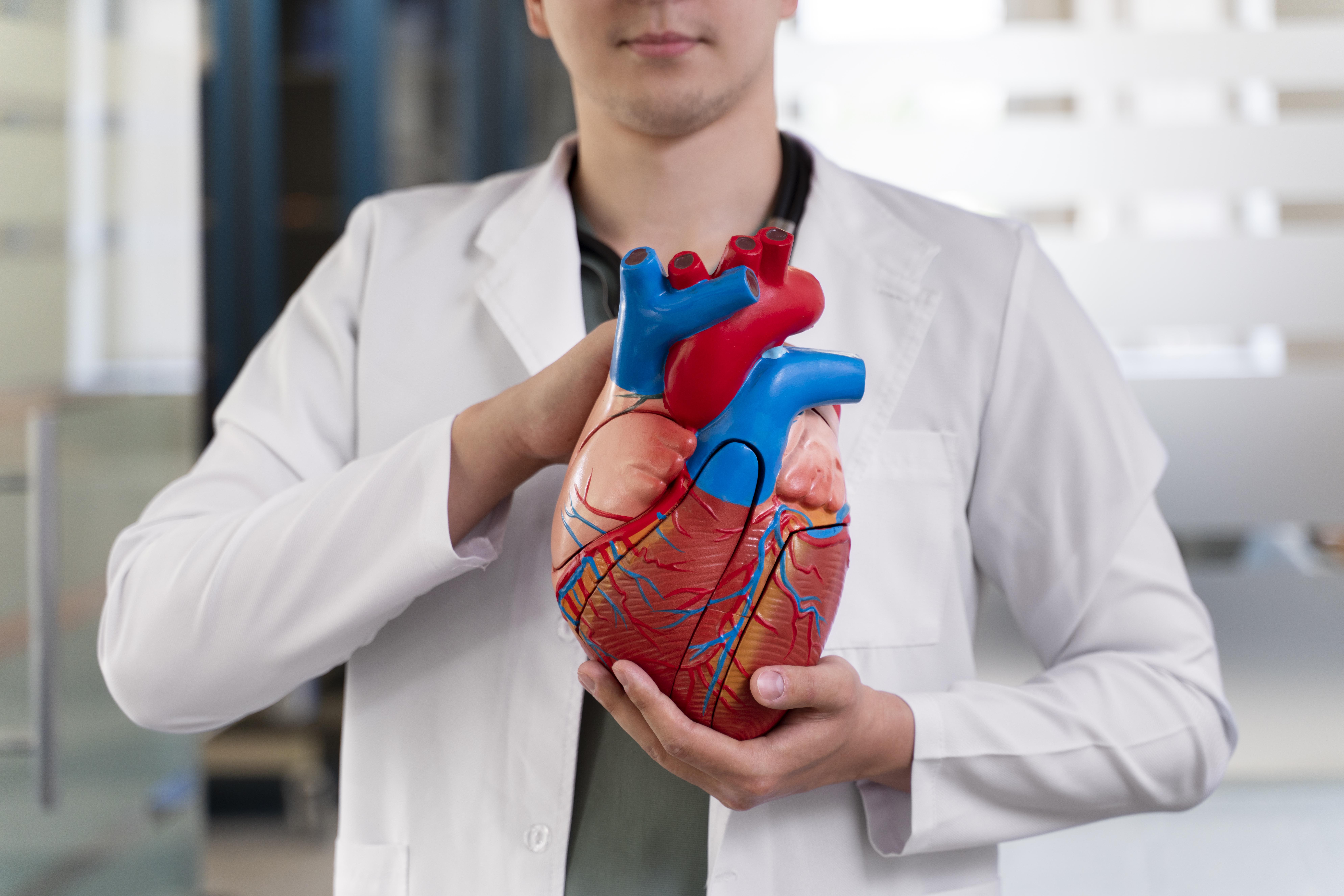When a person has cardiac problems, it means that the heart is having difficulty in pumping blood through the body. This can lead to various serious medical conditions, some of them life-threatening. There are no accurate estimates of what percentage of human beings suffer from cardiac problems, but it can safely be assumed that it is a significant percentage. In the past, advancing years were a major factor in the development of cardiac disease, but today, even young people in their 30s or below are being diagnosed with heart disease. The possibility of heart disease increases if there is a family history of heart disease.
With any medical condition, the earlier it is diagnosed and treatment begun, the better the possibilities of a positive outcome and a full recovery. This is especially so in the case of cardiac diseases, not only because of the potentially serious implications of the conditions, but also because of the fact that heart problems can often affect the functioning of other organs and the way life as a whole is lived.
The Causes of Cardiac Conditions
Studies show that for every five people suffering from heart disease, four remain unaware of the fact, until the condition reaches serious and often life-threatening proportions. Many lives could be saved if potential problems are spotted early.
It’s a common misconception that heart disease means suffering a heart attack. The fact is that there are many types of heart diseases and all of them need to be taken seriously to protect life and continued well-being. Among the most common causes of cardiac diseases are lifestyle factors like:
Besides lifestyle, many health problems can increase the risk of cardiac failure. These include:
The Many Benefits of Early Diagnosis
Many cardiac conditions are progressive diseases, meaning they start small and grow to become major health issues. The earlier a problem is diagnosed and treatment begun, the simpler the treatment protocols and faster the recovery and return to normal life. In many cases, if a heart problem is diagnosed early, treatment could be limited to lifestyle changes, including regular exercise, changes in diet, and meditation and other techniques to reduce the stress and pressure that lead to heart problems. In other cases, medication may be prescribed to control the problem and normalize heart functioning. These are the simplest and most effective ways of treating heart conditions.
However, if the problem has reached an advanced stage before it is discovered, then, along with the non-invasive treatment options mentioned above, surgery may be the only viable option. In some cases, implanting devices to help the heart function may be required.
It is important to remember that while cardiac conditions can lead to fatal consequences, they are usually treatable and patient recovery is highly probable. However, how complete the recovery is, and the lifestyle that the patient can lead in the future, will depend on both the nature of the problem and how early it was diagnosed and treatment begun.
A healthy lifestyle and regular cardiac health monitoring are key factors in preventing heart disease.
Cardiac Risks for Indians
All human beings are at risk of heart disease, but each part of the world has its own risk factors. For those living in the Indian subcontinent, the risks include:
If you are over the age of 25, you are at risk of heart disease, even if the possibilities are low. It is vital to have regular health checkups that include monitoring cardiac health. Additionally, if for any reason you suspect that you may have some form of heart problem, you must have it diagnosed without delay. A negative diagnosis will put your mind at ease and a positive diagnosis means that treatment to put you on the road to recovery can begin without delay. The cardiology department of a multispecialty hospital is where you will find the best cardiologists and heart surgeons, along with the most advanced equipment and technology. Among the many hospitals that offer cardiac care, New Medical Centre is a leader. Being a multispecialty hospital means that if there are other medical problems contributing to the heart problems, the specialists to provide the best treatment will be available at the same place, making life easier for patients and caregivers.
Frequently Asked Questions About Heart Health and Early Diagnosis
Why is early diagnosis important for heart problems?
Early detection allows treatment to start before the condition becomes severe. In many cases, simple lifestyle changes and medication are enough if caught early—avoiding surgery or long-term complications.
What are the early warning signs of heart disease?
Some common signs include shortness of breath, chest discomfort, fatigue, irregular heartbeat, and swelling in legs or feet. Even mild symptoms shouldn’t be ignored—early screening is key.
Who is most at risk for developing heart disease in India?
Indians have a higher genetic predisposition for heart disease. Other factors include sedentary lifestyles, high-fat diets, untreated diabetes, and cultural habits like delaying treatment or ignoring symptoms.
Can young adults have heart problems?
Yes. Heart issues are now being diagnosed in people as young as 25–30, especially if there’s a family history, poor lifestyle, or chronic health conditions like diabetes or hypertension.
Is stress a major factor in heart disease?
Absolutely. Chronic stress raises blood pressure and can damage arteries. Learning to manage stress through meditation, exercise, and support can significantly lower heart risk.
How often should I get my heart checked?
If you’re over 25 or have risk factors (like high BP, cholesterol, family history), an annual heart screening is ideal. If you’re in [City], visit a reputed cardiac hospital near you for preventive checkups.
Are women equally at risk of heart disease?
Yes. The myth that men are more prone is outdated. Women often ignore symptoms and delay care, which can make outcomes worse. Women should prioritize cardiac checkups just as much as men.
What types of treatment are available for heart problems?
Treatment varies by condition. It can include lifestyle changes, medications, angioplasty, surgery, or implantable devices like pacemakers. Early detection makes treatment much simpler.
Can heart problems be reversed?
Some heart conditions, especially in early stages, can be managed or reversed through diet, exercise, and proper medication. But delaying diagnosis makes reversal more difficult.


